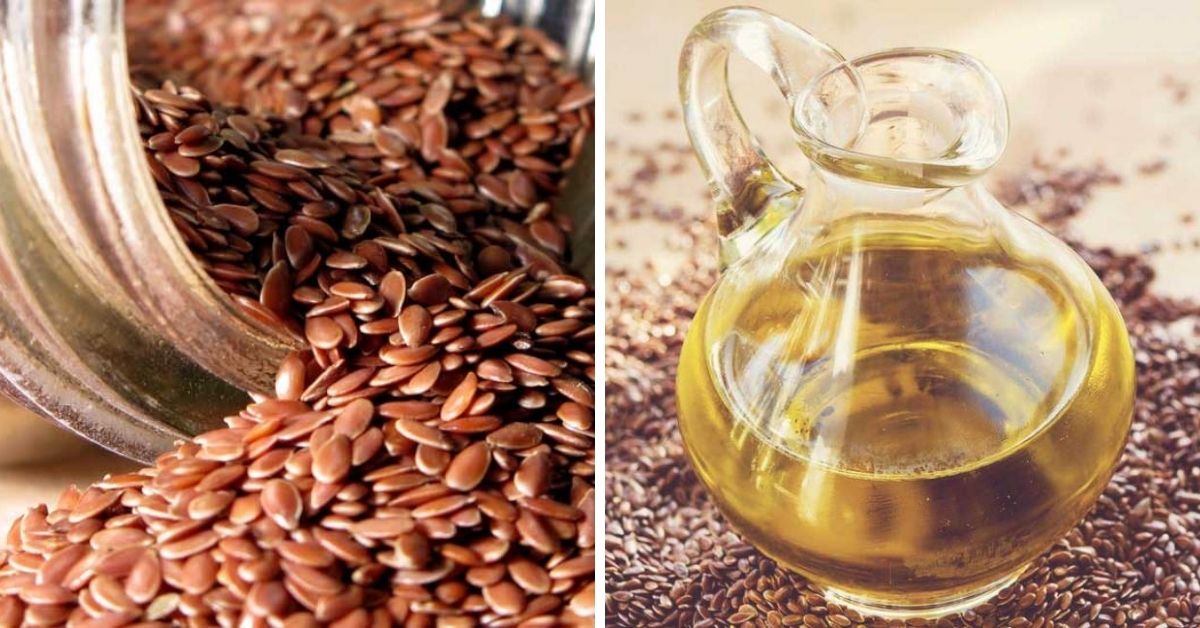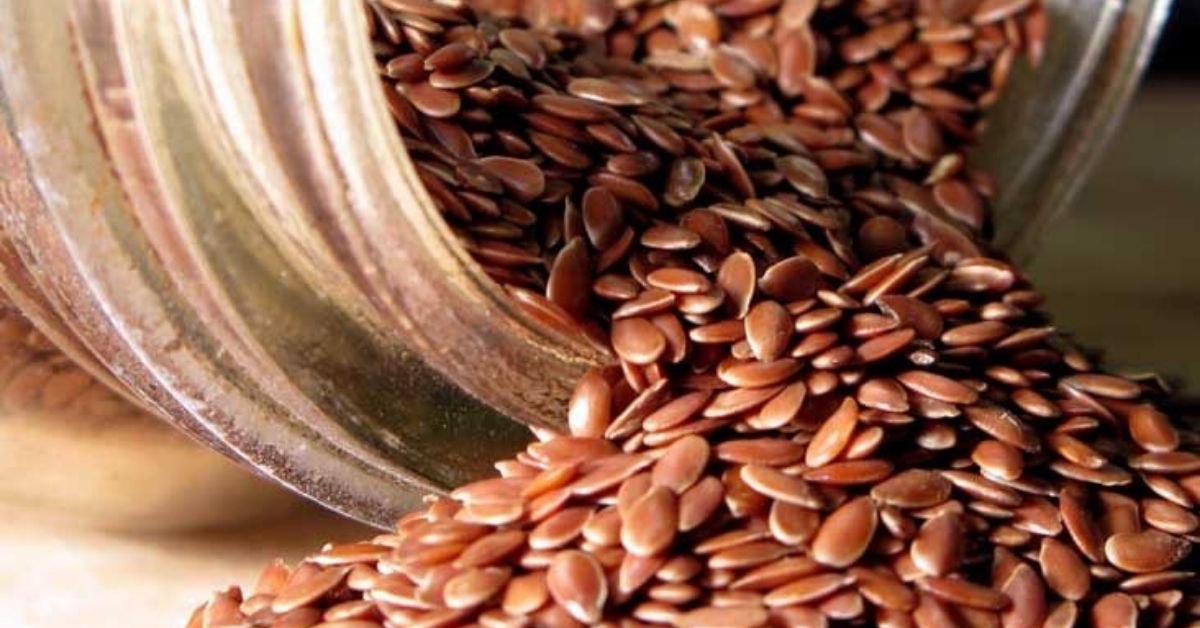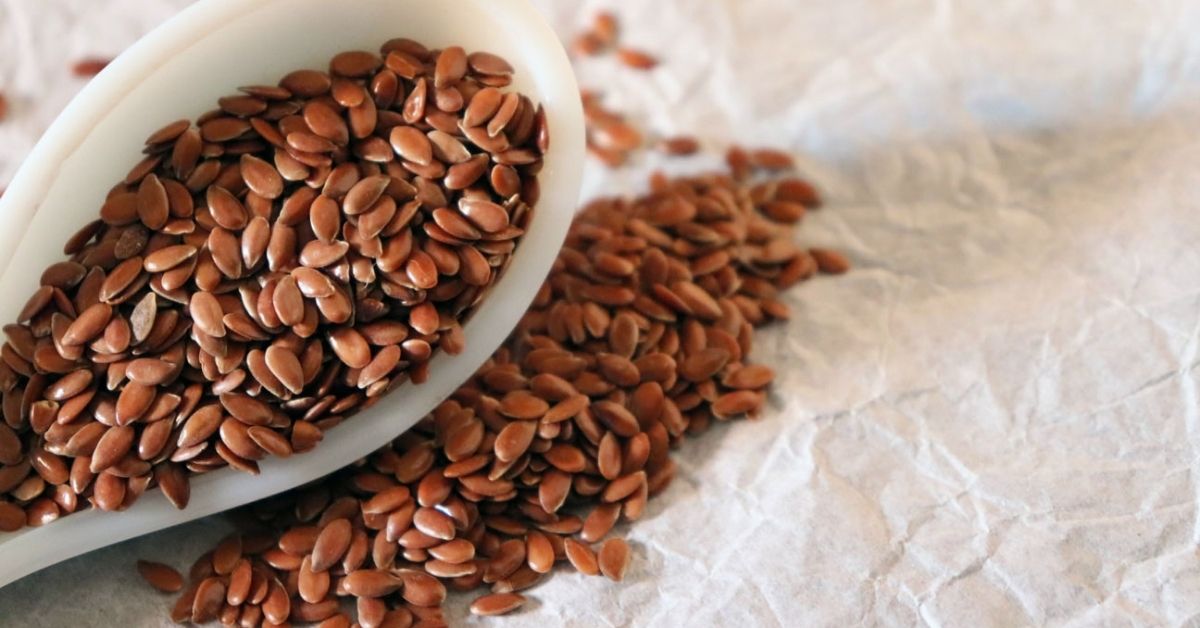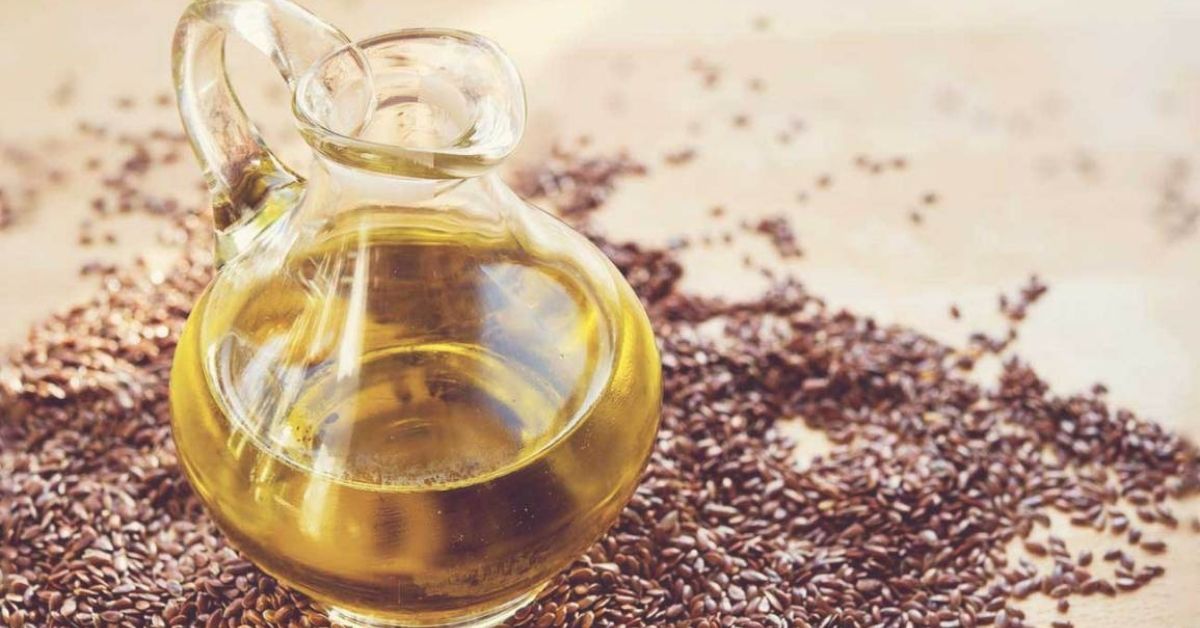
Flaxseeds are also known as Agase bījagaḷu in Kannada. Though it is true Flaxseeds are used to create textiles, nowadays it is also part of a person’s nutrition plan. It is deemed a staple in the nutrition system and is known for being an excellent source of good omega-3 fatty acids and fibre. In today’s read, we explore more about flaxseed, from how it is good for health benefits.
The purpose of the flaxseed
Flaxseed comes from the flax plant or Agase bīja sasyagaḷu which grows up to 2 feet tall. It was initially grown in Egypt but the entire world now has adopted it.
Coming to how flax plants are used to create textiles/Javaḷi, it can be woven into linen which is its fibres that are two to three times as strong as cotton/Hatti. Earlier, the sole purpose to grow these plants in North America was to produce clothing.
Things changed in the mid-20th century when cotton took over as the United States’ fibre of choice. This resulted in a lot of farmers growing flax to produce seeds.

Credits: healthline
The serving purpose of flax plants gradually changed from a textile source to a food and nutrition source. The nutty seeds can also be eaten and at the same time these seeds can be crushed and cold-pressed to release flaxseed oil.
It has been decades people have become knowledgeable about the crop’s many health benefits and now have many techniques to utilize it effectively whether as a supplement or as an element they add to foods. Interestingly, flaxseed’s now have also been included in pet’s food for Nutrition purposes.
Some of the facts you need to know
One tablespoon (10 grams) of whole flax seeds gives the below nutrients.
Calories: 55
Water: 7%
Protein: 1.9 grams
Carbs: 3 grams
Sugar: 0.2 grams
Fibre: 2.8 grams
Fat: 4.3 grams
Health Benefits:
Flaxseed or flaxseed oil comes full of protein, and according to some health experts, it has been linked to several health benefits shown to help with:
- Digestion: Flaxseed, with high-fibre content, can aid with digestive problems like constipation.
- Reducing cholesterol levels: Flaxseed can also help in reducing levels of cholesterol, which means it can assist in preventing other health issues such as heart disease and stroke.
- Manage some cancers: It is a high possibility that Flaxseed can have anticancer components. These compounds are called lignans, which are polyphenols that may help control certain types of cancer, including breast cancer.
- Weight loss: This fibre content in flaxseed help you feel full. This could lead to weight loss if you end up catching in fewer calories over the day.
- Improving insulin sensitivity: Insulin resistance, or an inability to adequately use the hormone insulin to carry glucose to cells, is the symbol of type 2 diabetes, and some research does recommend flaxseed oil to help with this problem.

Credits: healthline
How to Eat Flaxseeds?
It’s highly suggested that a person should eat 1 to 4 tbsp of ground flaxseed each day. Other than that you can also follow these methods:
- Add into your morning oatmeal.
- Add into salad dressing.
- Combine into a homemade mayo.
- Add a spoon to your yoghurt before a meal.
- You can also take it with your breakfast bowl.
Coming to the Flaxseed oil, they cannot be used in cooking. The reason is clear, these oils have a low smoke point of 225 degrees F versus 520 degrees F and 320 degrees F, respectively. It’s better to use flaxseed oil in salad dressings or desired use.

Credits: healthline
Cancer
Lots of research and studies have suggested that flaxseed may have a shielding influence against breast cancer, prostate cancer, and colon cancer. The two most notable components in flaxseed that serve the purpose are fibre and phytochemicals called lignans.







